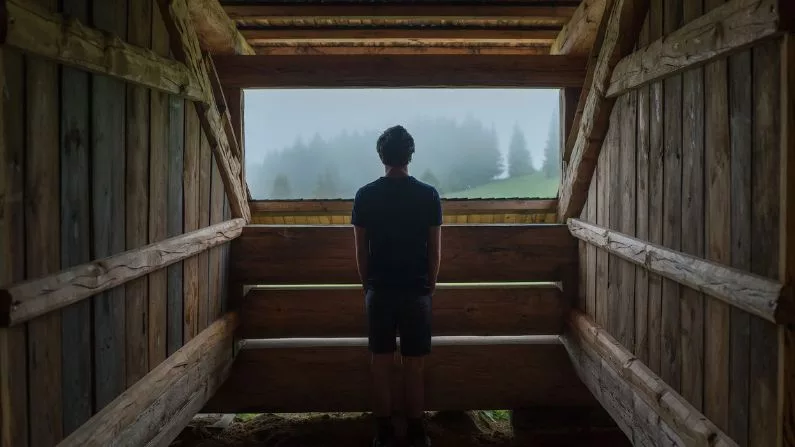A new report spotlights some of the challenges to accessing behavioral health care for the one in seven Americans who live in rural areas.
Kendall Strong, senior policy analyst at the Bipartisan Policy Center, said integrating behavioral health into primary care can help improve health outcomes, and get patients the mental health and substance-use treatment they need. She noted just like physical health issues, if you do not tackle behavioral problems that arise, it can develop into something much more serious.
“If you are having issues with substance use, or depression, anxiety, and you let it fester, we know it gets worse,” Strong pointed out. “When that happens, you often need more acute care later on. More acute care, as we know, is often more expensive.”
One of the report’s recommendations is to boost training and other resources for Wyoming’s 25 federally qualified health centers, which have pioneered a team-based approach to care. When patients go in for their annual medical checkup, they can also meet with mental health, dental and even vision care professionals during the same visit.
The lack of mental health professionals is one of the biggest barriers to accessing care in rural America. The report recommended strengthening workforce development programs, including the Teaching Health Center Graduate Medical Education Program.
Strong emphasized providers are more likely to work in places where they get their training, and most medical schools and residencies are in cities and suburbs.
“If you don’t practice in a rural area, if you’re not from a rural area, if you don’t live in one already, you’re less likely to train there and stay there,” Strong explained. “We think that allowing the program to be expanded, continued and built upon, will allow more providers to train in rural areas.”
Strong added stigma continues to be a barrier to accessing mental health care. Many patients in small towns are uncomfortable if their car is parked outside a psychologist’s office. Strong stressed it is important to continue pandemic-era flexibilities for telehealth services, especially in rural areas.
“A lot of those flexibilities are going to expire at the end of 2024,” Strong noted. “But in rural areas, we’ve seen that the use of audio only is really important for folks who can’t afford or don’t have access to broadband.”





